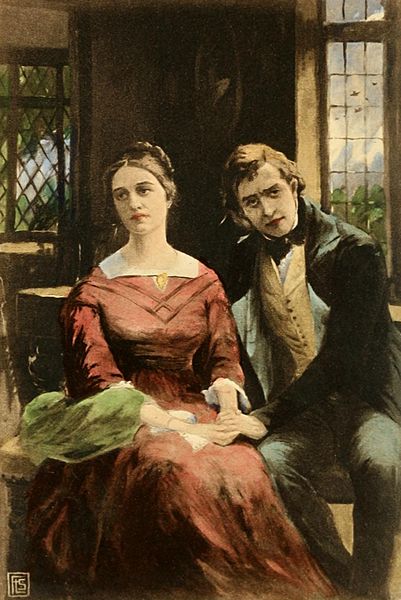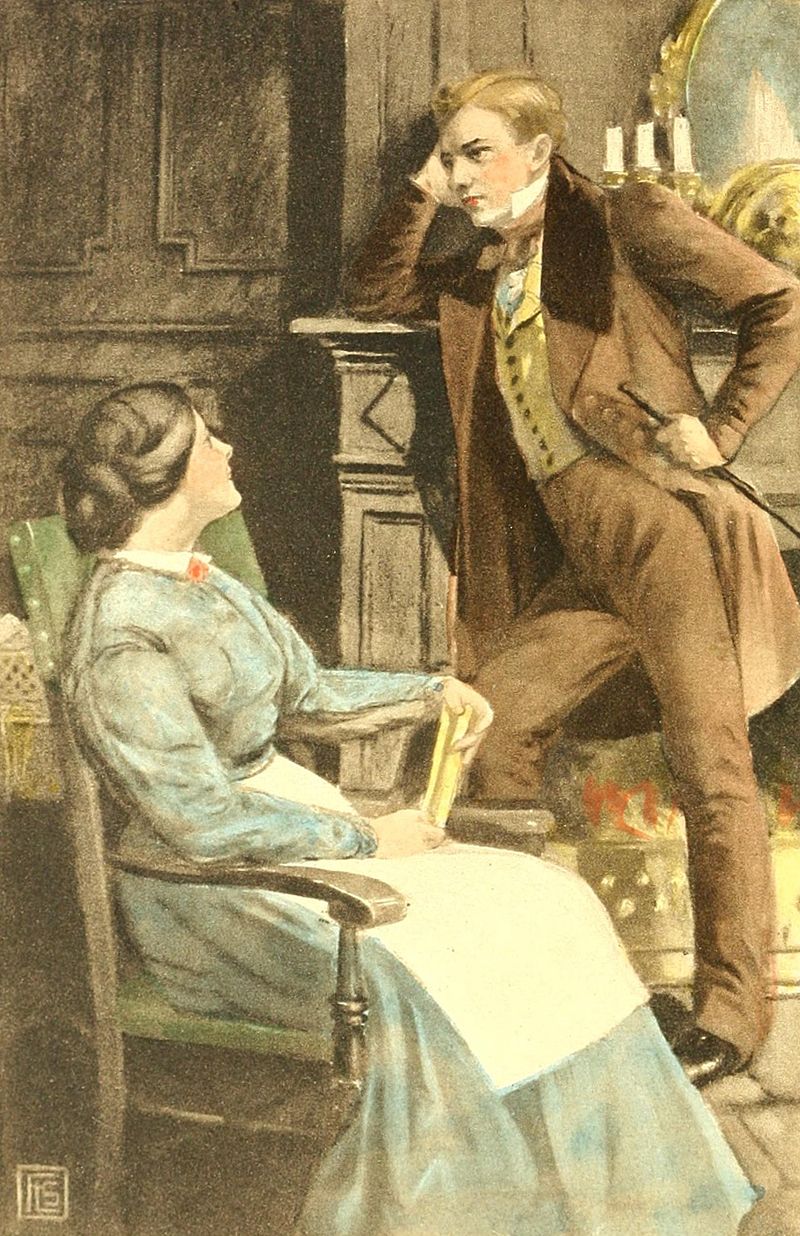This is a very entertaining historical fiction novel based on a real life incident/scandal.
Rill is a 12-year-old girl who lives a romantic and very unconventional life as a river rat. She and her family live on a river house boat, on the Mississippi River. The house boat is tied up near Memphis as the novel opens.
Tragedy strikes her family when her mother confronts a difficult childbirth and her father takes her mother to a nearby hospital. Before her parents return, the police arrive with a woman who removes all five of the children from the house boat and takes them to a boarding house filled with other children who are wards of the state. Not all of them are orphans; some have been actually been snatched off the street. Most have been signed away by their parents, but not always with their parents' true consent.
I read this with a book group and the members offered a lot of opinions that I found worth noting. Two folks thought that Wingate is a beautiful prose stylist; I agree. Several folks noted that the structure of the plot was quite predictable. I agree with this point as well, and, in fact, while I was reading the book I felt that I knew almost exactly what was going to happen and what was going to be revealed. Usually, I'm not that far-sighted when reading fiction and, unlike many mystery readers I've met, not good at guessing the murderer. Interestingly, a lot of libraries didn't have this book when we book group readers went to the library to try to get it; I think that this historical fiction was a little bit of a departure for Wingate. Wingate has won a Christy award.
I got the impression that several members of the group enjoyed the book even while recognizing some of its weaknesses, because it had a lively plot told in a suspenseful way and wasn't too challenging.
There were a couple of other things that made an impression on me. The primary point of the story is that children were treated as if they were commodities; however, there was also abuse of various kinds, including sexual abuse. I initially felt so uncomfortable with this, and even described it as "lurid" to someone to whom I was explaining the book; but, a few days after that conversation I was hanging laundry on the line and listening to the radio and heard a story about sexual abuse of Australian orphans, and this caused me to remember stories of child sexual abuse in Ireland and in our own country, and I realized that what I viewed as sensationalism was really commonplace.
I liked the setting at the beginning of the novel. I didn't know that folks lived on the river. I found that interesting.
Rill is a 12-year-old girl who lives a romantic and very unconventional life as a river rat. She and her family live on a river house boat, on the Mississippi River. The house boat is tied up near Memphis as the novel opens.
Tragedy strikes her family when her mother confronts a difficult childbirth and her father takes her mother to a nearby hospital. Before her parents return, the police arrive with a woman who removes all five of the children from the house boat and takes them to a boarding house filled with other children who are wards of the state. Not all of them are orphans; some have been actually been snatched off the street. Most have been signed away by their parents, but not always with their parents' true consent.
I read this with a book group and the members offered a lot of opinions that I found worth noting. Two folks thought that Wingate is a beautiful prose stylist; I agree. Several folks noted that the structure of the plot was quite predictable. I agree with this point as well, and, in fact, while I was reading the book I felt that I knew almost exactly what was going to happen and what was going to be revealed. Usually, I'm not that far-sighted when reading fiction and, unlike many mystery readers I've met, not good at guessing the murderer. Interestingly, a lot of libraries didn't have this book when we book group readers went to the library to try to get it; I think that this historical fiction was a little bit of a departure for Wingate. Wingate has won a Christy award.
I got the impression that several members of the group enjoyed the book even while recognizing some of its weaknesses, because it had a lively plot told in a suspenseful way and wasn't too challenging.
There were a couple of other things that made an impression on me. The primary point of the story is that children were treated as if they were commodities; however, there was also abuse of various kinds, including sexual abuse. I initially felt so uncomfortable with this, and even described it as "lurid" to someone to whom I was explaining the book; but, a few days after that conversation I was hanging laundry on the line and listening to the radio and heard a story about sexual abuse of Australian orphans, and this caused me to remember stories of child sexual abuse in Ireland and in our own country, and I realized that what I viewed as sensationalism was really commonplace.
I liked the setting at the beginning of the novel. I didn't know that folks lived on the river. I found that interesting.



